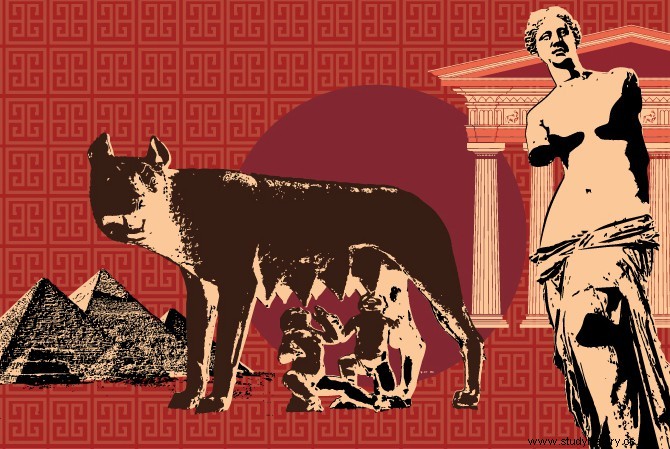
When he landed for the first time in Africa, in 1958, the great Polish reporter Ryszard Kapuscinski was literally dazzled:“The shock was the light, intense and bright. The ancient history of this continent is just as exotic as the debauchery of the sun. Because, to contradict a regrettable cliché, Africa has a history, and even a very long history, which these evocative names decline like Rimbaud's dreams:Mâli, Kanem, Makouria, Abyssinia, Ife, Zimbabwe, Timbuktu, Napata, Méroé, etc.
As François-Xavier Fauvelle points out, Africa has never stood still. It housed kingdoms like those of Ghâna and Mâli in the Middle Ages or, later, those of Kongo and Dahomey. It also knew city-states like Mombasa, in present-day Kenya, or Kilwa, in Tanzania, and even singular forms of organization, like the chiefdoms of the savannahs of West Africa.
Far from being as isolated as has been said, this continent has been a land of trade since ancient times, whether with India, China or Europe. And if Africa, contrary to another prejudice, knew writing, the texts that have come down to us are rare and lapidary. How to explain this? Also for what reasons have imposing cities vanished like mirages in the desert, leaving no remains? So many nagging questions (among others) to which historians have been able to provide surprising answers.
